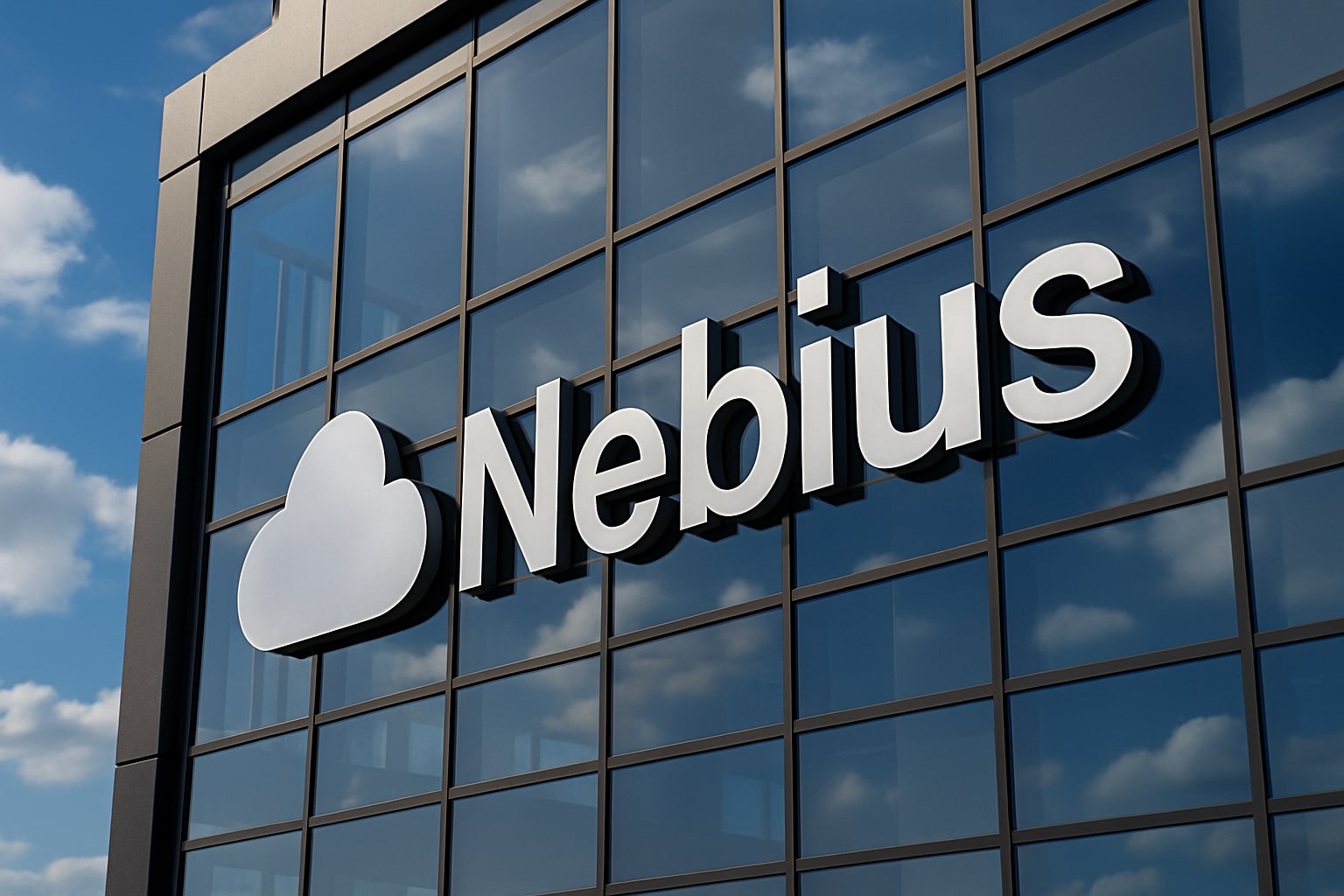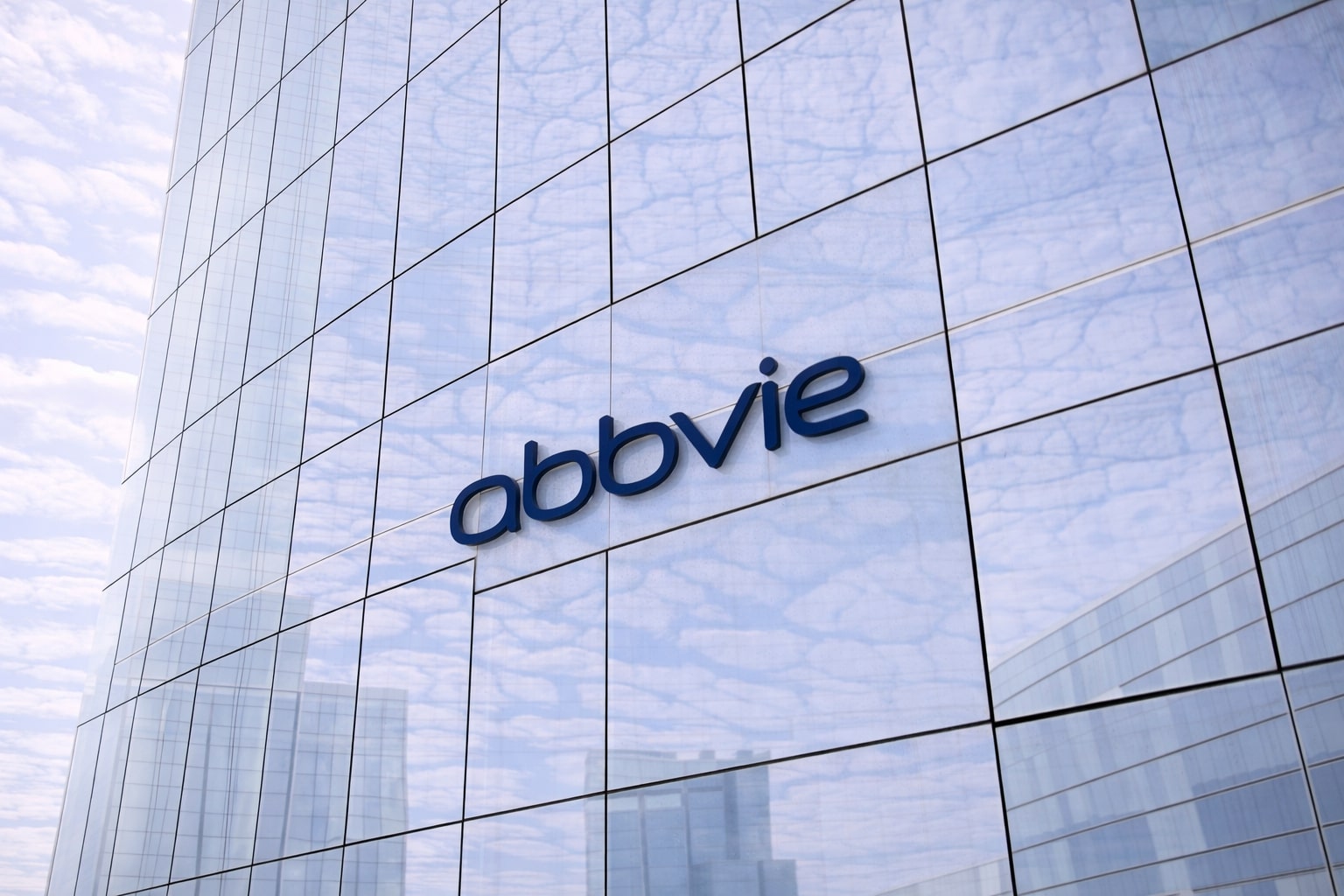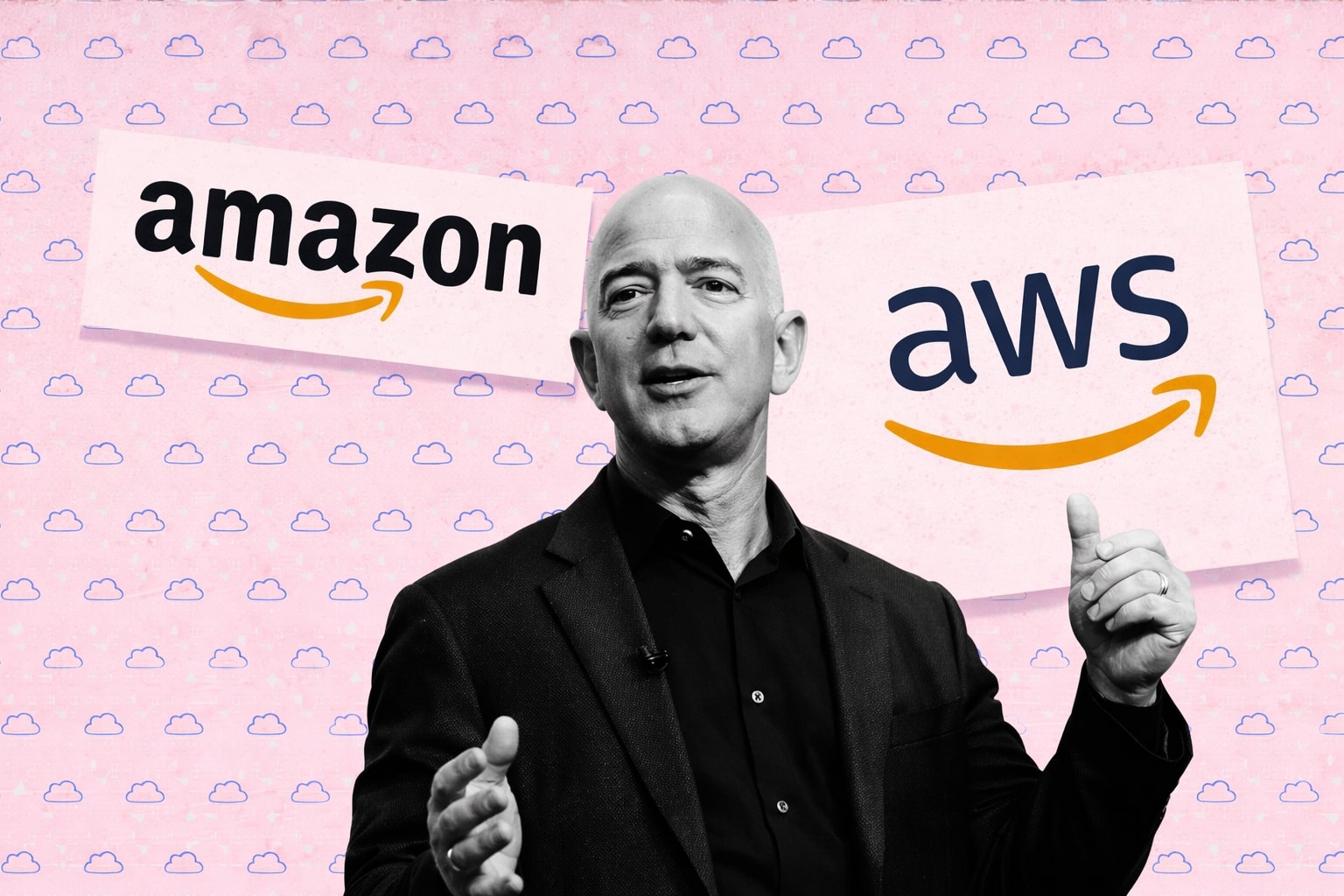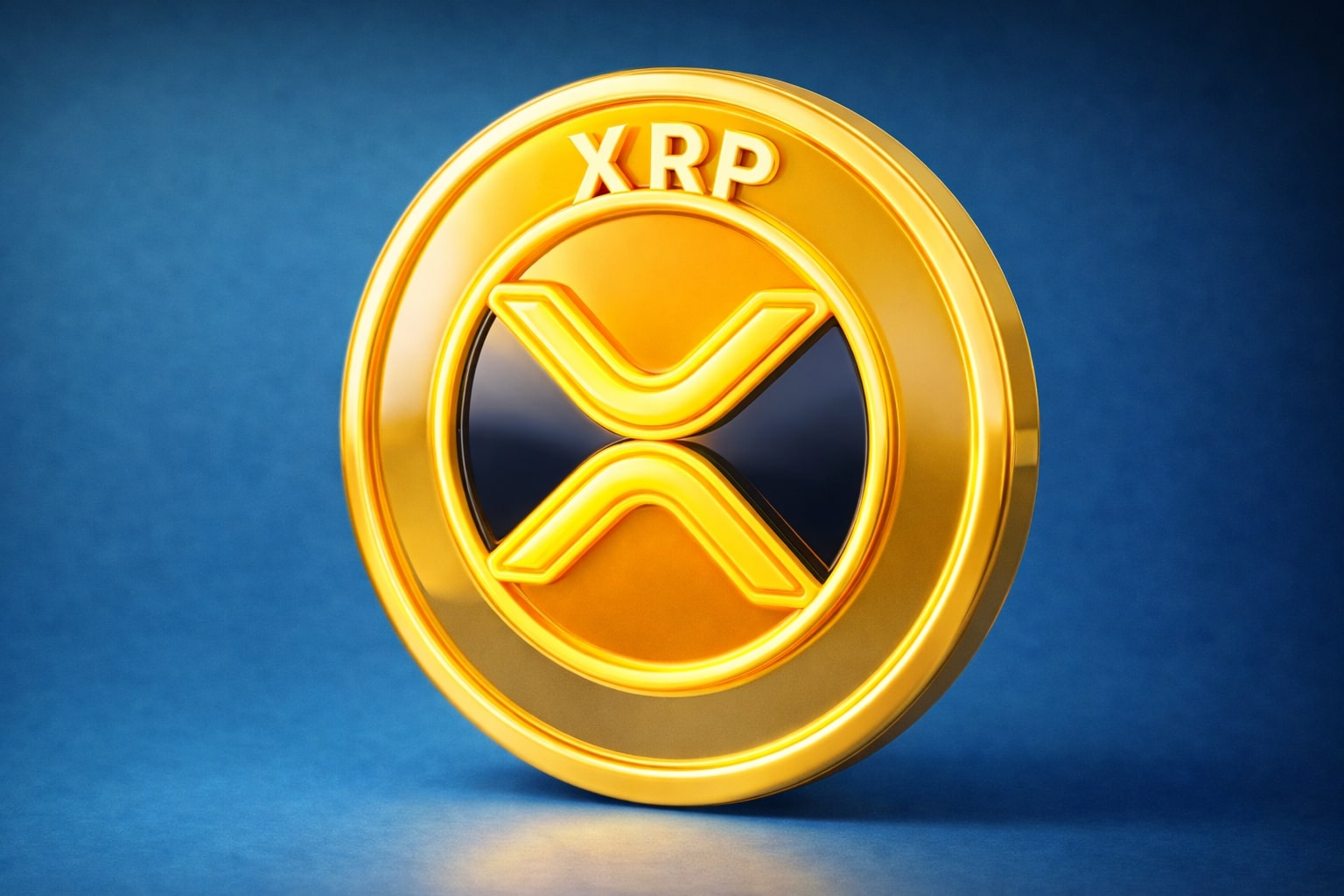Nebius Group (NASDAQ:NBIS) Surges on Microsoft Mega-Deal but Valuation Risks Build
Nebius Group N.V. (NASDAQ:NBIS) has become one of the most closely watched AI infrastructure plays after signing a five-year, $17.4 billion contract with Microsoft, expandable to $19.4 billion, to provide GPU-based compute capacity out of its Vineland, New Jersey data center. The stock soared nearly 49% to $95.6, adding over $7.7 billion to its market cap, which now stands at $22.8 billion. Investors are treating the deal as transformative, but the numbers also highlight a business model that requires flawless execution and carries high capital intensity.
Revenue Explosion Outpaces Expectations
Nebius’s Q2 2025 results were already impressive before the Microsoft news. The company delivered $105.1 million in quarterly revenue, a staggering +625% year-over-year and +106% sequential growth. Core AI Cloud revenues multiplied ninefold YoY, lifting gross margins to 71.4%, allowing the infrastructure unit to achieve positive EBITDA ahead of schedule. Management had initially guided to $1 billion in annualized revenues by year-end 2025, but the Microsoft agreement resets the trajectory. By 2027, consensus forecasts just $3.1 billion, yet the contract alone could push run-rate revenue into the $4–5 billion range if phased deployments are maximized.
Valuation Stretch and Market Comparisons
At the current price, NBIS trades at roughly 61x trailing sales and 71x earnings, compared to hyperscaler-linked peers like CoreWeave (13x forward sales) or Vertiv (5.2x P/S). Investors are paying a premium for the AI narrative, similar to Palantir during its early growth phases. Bulls argue that if Nebius achieves $15 billion in annual revenues by 2030, applying even a 20x EBITDA multiple could justify a valuation north of $75 billion and a stock price above $300. In a more aggressive scenario, if sentiment pushes toward 30x sales multiples, NBIS could theoretically exceed $1,000 per share, though such valuations depend on AI demand sustaining a near-exponential growth curve.
Strategic Microsoft Deal and Hyperscaler Dynamics
The Microsoft contract is both a blessing and a warning. On one hand, it validates Nebius’s infrastructure and GPU supply chain, especially its privileged access to Nvidia’s Blackwell Ultra chips. On the other, it positions Nebius as what analysts call the “AI capex fall guy.” Microsoft and other hyperscalers could build data centers themselves but prefer outsourcing the capex risk. Nebius is betting it can scale to 1 gigawatt capacity by 2026, equating to up to $12 billion in potential revenues at current economics, but financing this requires $6–8 billion in capex, most of it leveraged.
Balance Sheet and Financing Strategy
Nebius ended Q2 with $1.68 billion in cash and $1.19 billion in debt, giving it a 31.5% debt-to-equity ratio and a strong 14.7 current ratio. This liquidity provides near-term runway, but expansion will require either additional debt or equity raises. The company is exploring financing options secured against the Microsoft contract, effectively using the deal as collateral for faster growth. While that de-risks capital raising, it also locks Nebius into dependence on a single hyperscaler relationship that currently represents the majority of its projected revenue base.
Profitability Remains Uneven
Despite positive gross margins, adjusted EBITDA was negative $21 million in Q2, largely due to depreciation charges of $75 million, or 71% of revenues. These GPU and data center depreciation costs are real and will remain heavy until utilization rates catch up with installed capacity. Nebius posted a trailing twelve-month net income of $190.2 million on $249.3 million revenues, yielding an anomalously high 97.7% profit margin, but that figure is distorted by non-recurring gains and minority stakes in affiliates like ClickHouse. Sustainable profitability must be proven as revenue scales, particularly since analysts still forecast 2025 EPS losses of -$1.47.
Diversified Asset Portfolio Beyond Core AI Cloud
While the AI cloud business drives headlines, Nebius also holds valuable stakes across several adjacent markets. Its 28% stake in ClickHouse is valued between $600–900 million. Avride, its robotics and autonomous vehicle arm, is generating $10–20 million in revenue with early partnerships, while TripleTen, its EdTech platform, is running at a $60 million bookings rate. Toloka, the AI labeling unit, already posts $50 million run-rate revenue and could be worth $250–500 million at peer multiples. Collectively, these side bets add over $1.4 billion in value today and could multiply further if AI adoption broadens into enterprise and consumer sectors.



















